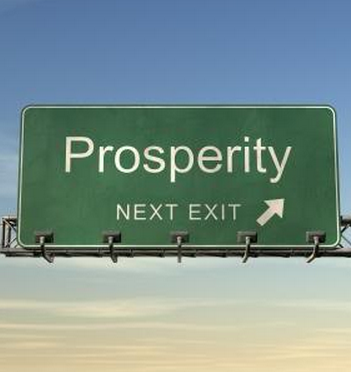What’s the issue?
HB623 and SB 135 establish the rates of the business profits tax (BPT) and the business enterprise tax (BET) for taxpayer tax years ending on or after December 31, 2019 and for subsequent tax years, and repeals rate reductions effective in 2021. These are one of the more meaningful pieces of legislation before the New Hampshire legislature this year. They will impact every business in New Hampshire that makes a profit.
What do HB 623 and SB 135 do?
These bills does three things. This bill increases the business profits tax rate from 7.7% to 8.5%. It reduces the business enterprise tax rate from 0.6 percent to 0.5 percent. The bill repeals prospective decreases in the business profits and business enterprise taxes in 2021. These three component parts are pernicious each in and of themselves. In the interest of keeping this piece short I will deal only with the BPT piece in this article.
By increasing the business profits tax rate from 7.7% to 8.5% we are taking a huge bite out of the New Hampshire advantage. The increase sounds like 0.8% and that’s a small number so who cares, right? Every for profit business currently operating in New Hampshire or contemplating moving to New Hampshire cares. They care because this increases the tax they will owe the state by about 10.4%. If your income tax bill went up 10.4% would that take a bite out of your budget?
You don’t have to be Mr. Wizard to understand that this kind of change in the tax structure will have an impact. It will reduce the incentive to do business in New Hampshire. It means each and every business will have to sell 10.4% more of their goods or services to take home the same amount of money. That is an operational consideration for all businesses.
What happens if we pass this legislation?
That is a huge disincentive to doing business here. We need look no further than Connecticut to grasp what happens when a state over taxes it business community. It creates business flight. New Hampshire is a good place to live but if no one can do business here there will be fewer business and that means there will be fewer people living here just look at or neighbor Vermont.
What is good legislation?
Good legislation is needs driven. Is there a need for increasing taxes on businesses? Well, as it turns out New Hampshire Business Profits Tax revenues have gone up not down since the rates have been lowered. The result was the ability to refill the rainy day fund which had been depleted by prior Democrat administrations. So the state now has the statutory maximum allowed for financial cushion.
Yes but, we want to spend more. Okay let’s look at the wants. The last two years the state has operated at a surplus. Year one it was $100 million. Year two looks like it will be more like $200 million. Now, two points do not make a trend line. But, they are indicative that the tax rate reductions have not harmed New Hampshire’s income stream. This is significant because the Chicken Littles of the Democrat Party have steadfastly maintained that reducing the tax rate equals reducing tax revenue. We now know actual performance contradicts the assumption.
Figures lie and liars figure
Perhaps more importantly it shows us that figures lie and liars figure. The methodology used by the Department of Revenue Administration and the Legislative Budget Assistant Office (LBAO) did not predict the effect of the reduction in the tax rate. Why then would that same methodology be assumed to be predictive of the effect of the current legislation in raising the tax rate? Sure the fiscal note on the bills says the State is going to take in more revenue but the error is in the assumptions and the methodology.
More importantly, simply from the point of consistently applied logic, the people proposing to increase the BPT today, a year ago supported creating a new industry in New Hampshire and making it tax exempt for a decade. How is that fair? And how is it fair that businesses that are registered non-profits pay zero taxes while for profit businesses get a 10.4% increase in their effective tax rate? Can you think of any examples where for profits compete with non-profits? Why is okay for the legislature to pick winners and losers in the New Hampshire business community?
Conclusion:
Does the legislature really think the people who pay the taxes are going to miss that point they are being treated in a discriminatory manner? This is punishing those who are making money in the state. Our economy has been accelerating under Republican tutelage. This is plainly a reversal of policy that is working. Vladimir Lenin acknowledged these people. He described them as useful idiots. Look, this bill is the functional equivalent of picking up the welcome mat to businesses in New Hampshire. House bill 623 and Senate 135 bill must die. Contact you Representative and Senator. Tell them to vote it inexpedient to legislate.
